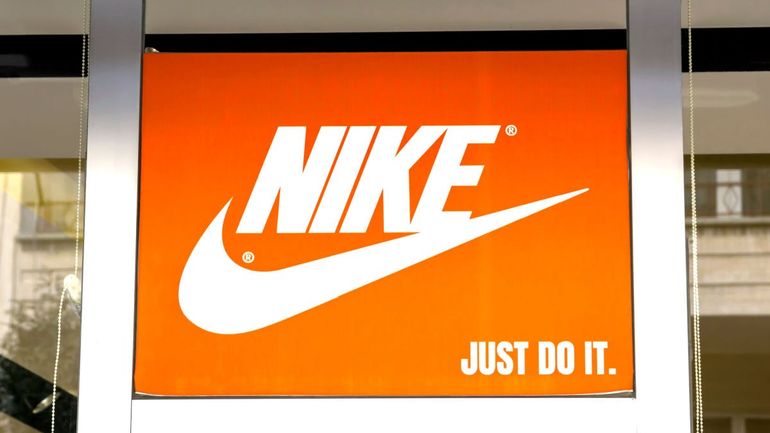
The Importance of Innovation in Establishing Pricing Power: Insights from Nike's CFO

Discover how Nike's CFO, Matt Friend, emphasizes the role of innovation in introducing novelty to the market and building a unique brand to enhance pricing power among consumers.
Source: Shutterstock
Nike's chief financial officer, Matt Friend, believes that innovation and introducing new ideas to its product categories will give the brand more leverage in pricing with consumers. According to Friend, having a strong and innovative brand that constantly offers fresh and new products gives the company pricing power. This was highlighted during a recent conference call with investors on 21st March.
Many brands have raised their prices in response to inflation and the increasing cost of goods over the past two years. However, Nike has been able to raise prices to counter these challenges due to the strong reputation of its brand.
As a result of its pricing strategies, Nike has been able to sustain its profitability and margins.
In the three months leading up to 29 February, the company saw a 150 basis points increase in its gross margin, reaching 44.8%. The main reason for this improvement, according to the company, was the adjustments made in pricing strategies.
Even though inflation rates are starting to decrease in many countries, Friend remains confident that Nike will still be able to raise prices when needed.
We could sell more of these products if we wanted to, but we don’t think that’s the right thing to do from a brand point of view.
Matt Friend, Nike
Looking ahead, we feel that introducing more new and fresh products, along with products that have meaningful stories that resonate with consumers, will help us grow our profitability in a sustainable way.
CEO John Donahoe emphasized the importance of innovation in creating a unique brand identity, regardless of the economic conditions.
Having a strong brand means that consumer demand and full-price sales are the key factors for growth, according to Friend.
Nike has emphasized its commitment to increasing full-price sales, even in a competitive promotional environment. Friend mentioned that the company is exceeding its targets in achieving full-price sales.
"We could increase sales of these products, but we believe it goes against our brand values," he explained. "We prioritize the long-term success and health of our franchises."
Products not reaching their maximum potential
The company's full-price sales have been on the rise, but its revenues saw only a slight increase in the latest quarter. Sales went up by 1% to $12.4 billion in the third quarter, while profits grew by 3% to $5.6 billion.
CEO Donahoe stated that the results were as expected, but also recognized that Nike is not reaching its full potential.
The business is focusing on making "adjustments" to reach its full potential. One area of adjustment is its innovation pipeline. According to Donahoe, there has been a shift in attitude in this area, with the brand now being more proactive.
"He mentioned that it's not simply about individual products or items, but rather about creating a strong foundation for innovation."
"Another key point highlighted was the goal of enhancing Nike's marketing by making it more daring and unique."
"We are enhancing our brand storytelling by focusing on telling fewer, but more impactful stories that reach a larger audience," CFO Friend mentioned. The company is also concentrating its investment on its most unique products.
In the latest quarter, Nike allocated $1 billion (£792 million) towards "demand creation," marking a 10% increase compared to the previous year. This investment is part of their new, more assertive marketing approach.
Editor's P/S:
Nike's pricing strategy is a testament to the power of brand loyalty and innovation. By constantly introducing fresh products and focusing on full-price sales, the company has been able to maintain its profitability amidst rising costs. Nike's commitment to innovation is particularly noteworthy, as it recognizes that the key to long-term growth lies in creating products that resonate with consumers.
However, despite its strong performance, Nike acknowledges that it has yet to reach its full potential. The company's plans to adjust its innovation pipeline and enhance its marketing efforts suggest that it is taking a proactive approach to addressing this issue. By continuing to invest in its brand and product offerings, Nike is well-positioned to sustain its success and further strengthen its position in the competitive sportswear market. strategies, it is well-positioned to maintain its leadership in the athletic apparel market and drive sustained growth.













